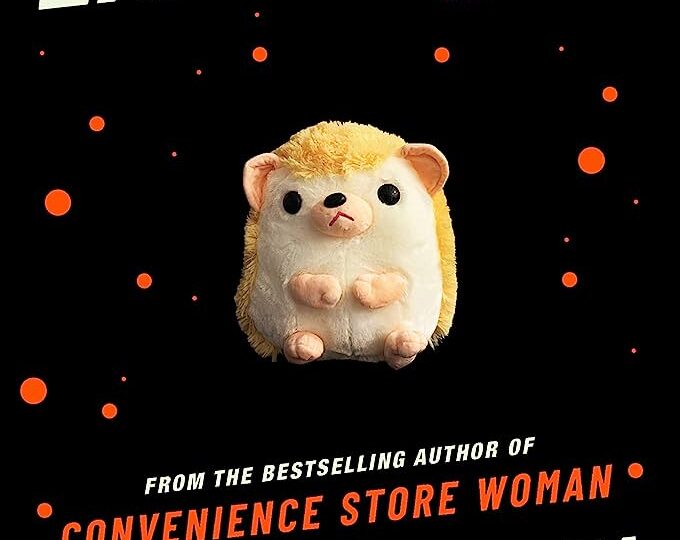You know the saying, ‘don’t judge a book by its cover’? I mean it when I say that the very worst thing you could do is pick up this book and think it will be a nice, cute story about little hedgehogs or plushies. You might see the adorable little creature on the front and go “aww”. Trust me: don’t.
This book is not cute, it is terrifying.
Set in modern-day Japan, the book is about the relationship between main character Natsuki and the society she lives in: her work, her family, her friends, her relationships. Sadly, these areas of her life are not usually kind to her, so when a young Natsuki reveals her secret identity – she is an alien – it makes sense that she would want to escape into some make-believe.
However… is Natsuki really an alien? Or does her longing to escape from her controlling family have her pining for another, more exotic existence?
As we watch her grow through a long period of abuse and confusion, you feel helpless as those she confides in bat away her confessions as fiction. With the adults around her calling her reality a lie, Natsuki clings to her secret identity more than ever, and it becomes harder for her – and you, the reader – to distinguish between her imaginary world and the real one. Some awfully dark moments are hidden under her naivety, while others are so buried within episodes of psychosis that you’re not always sure what has happened until the consequences of her actions are revealed.
Although while I was reading it, I was wondering what on earth was going on a lot of the time, the story and its dark moments really stuck with me. This book raises a lot of questions about what happens to those that society sees as ‘outcasts’. For those who do not feel like a meaningful part of their society, is it fair to be considered an outsider for simply questioning the status quo? Who should get to define what anarchy and order look like?
Though I don’t think the answer lies in cannibalism (yes, this book even has some of that), it was interesting to consider how easy it must be to feel like an ‘alien’, ostracised for your differences. We see exclusion constantly in our society, after all. Perhaps a little more tolerance would have saved the characters of this disturbing story? Or maybe they were just mad. What do you think?


